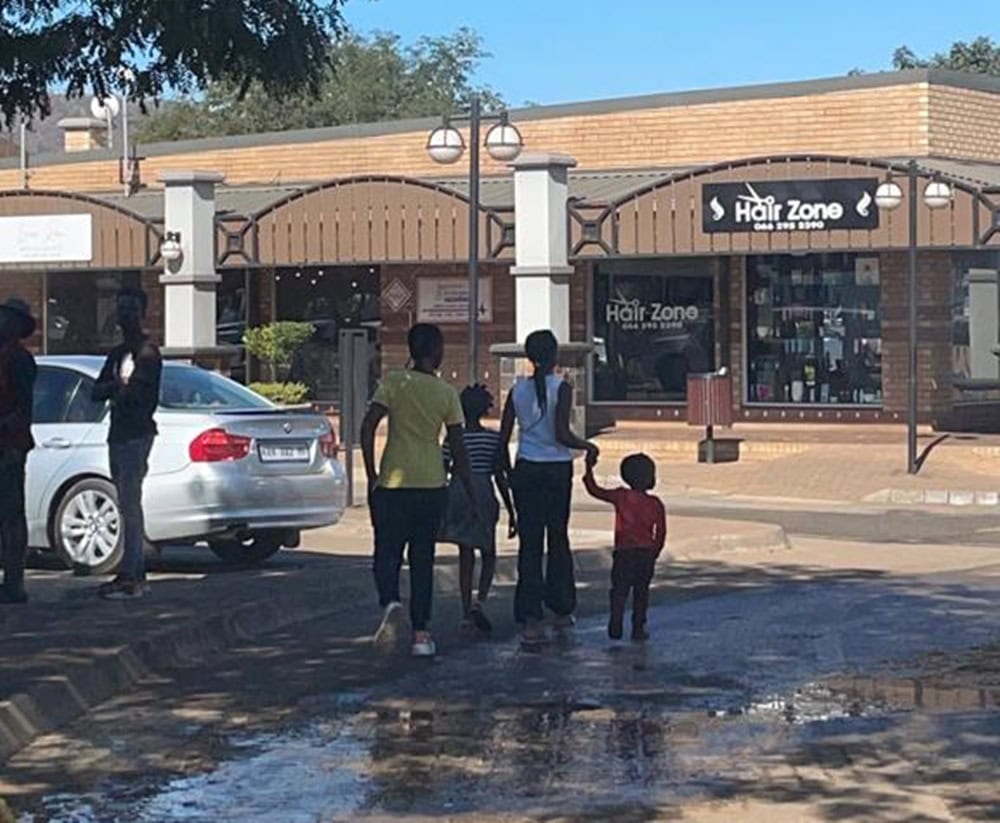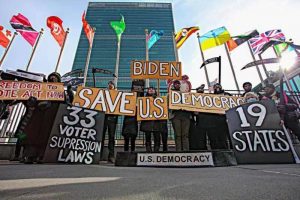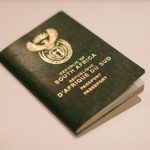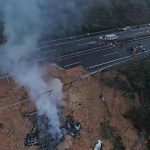The Nkomazi municipality in Mpumalanga has not only failed its residents, but is also directly responsible for raw sewage flowing into the Crocodile River.
This is what Judge Lindiwe Vukeya ruled in the High Court in Mbombela on Friday after an organization of volunteers approached the court about the municipality neglecting its constitutional duties.
The sewage spill, which was also brought to the attention of the Human Rights Commission in 2019, affects residents in tourism and residential areas such as Marloth Park, Komatipoort and the Kruger National Park, where it flows close to the border of Mozambique.
The Komatipoort Despondent Residents Association, a group of volunteers consisting of about 50 residents, brought the application against the Nkomazi municipality. The group, which was represented by adv. Danie Wijnbeek and Vidette Roux asked for a court order that would force the municipality to stop the sewage flow and provide clean drinking water to residents.
Consequently, she found that the municipality as well as the Ehlanzeni district municipality must repair the sewage leakage and thus deliver clean drinking water.
Furthermore, the two municipalities must also stop the flow of sewage into the Krokodil River within 21 days after the judgment has been delivered.
The municipal manager must also report to the court within the same period on the steps taken to solve the sewage problem.
The court also granted the group’s request to appoint their own expert for 12 weeks to prepare a full report on the sewage levels in the river. The Nkomazi municipality must pay the expert’s bill and the report must also be presented to the court.
Should the municipality fail to comply with the above order, Xolani Mabila, Nkomazi’s municipal manager, will be sentenced to 90 days in prison.
Live fish in tap water
The court heard the problem has been so bad in the past that some residents have discovered live fish in their tap water. The municipal water also changed color over time and more and more cases of chronic diarrhea were reported.
The group argued that this state of affairs affects people’s right to dignity and also ignores their constitutional right to a safe and clean environment.
In addition, the municipality’s residents experienced constant water interruptions. This forced residents to beg for water from those who have boreholes, because the municipality could not provide emergency water by, for example, sending out tankers.
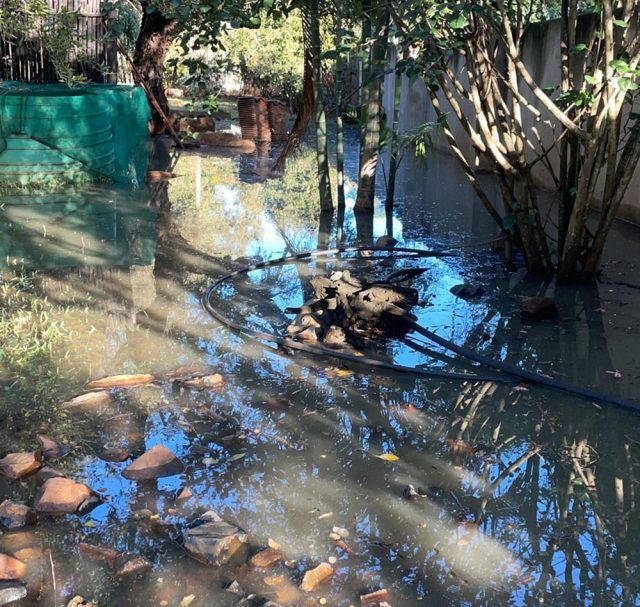
Busisiwe Shiba and Mandla Msibi, the provincial MECs for agriculture, rural development, land and environmental affairs, and cooperative government and traditional affairs (Cogta) respectively, as well as Senzo Mchunu and Thembi Nkadimeng, the ministers of water and sanitation and Cogta respectively, were together with the Nkomazi Municipality the other respondents in the case.
Only the municipality, its manager and Mchunu opposed the group of residents’ application.
Vukeya found in her ruling that the latter’s reasons for not hearing the case were nothing more than a faint grasping at straws. The municipality and its manager in particular insisted that the residents’ application did not comply with the rules of the court and that they were even less legally competent to bring the application before the court.
“Through this, the respondents did not pay attention to the true merits of the matter – the supply of clean, drinkable water to the residents of Komatipoort. Essentially, the application therefore becomes uncontested and I now only need to determine whether the applicants have presented a strong case for the granting of the order,” said Vukeya.
She further found that the group of residents proved on a balance of interests that their constitutional rights are being trampled upon.

